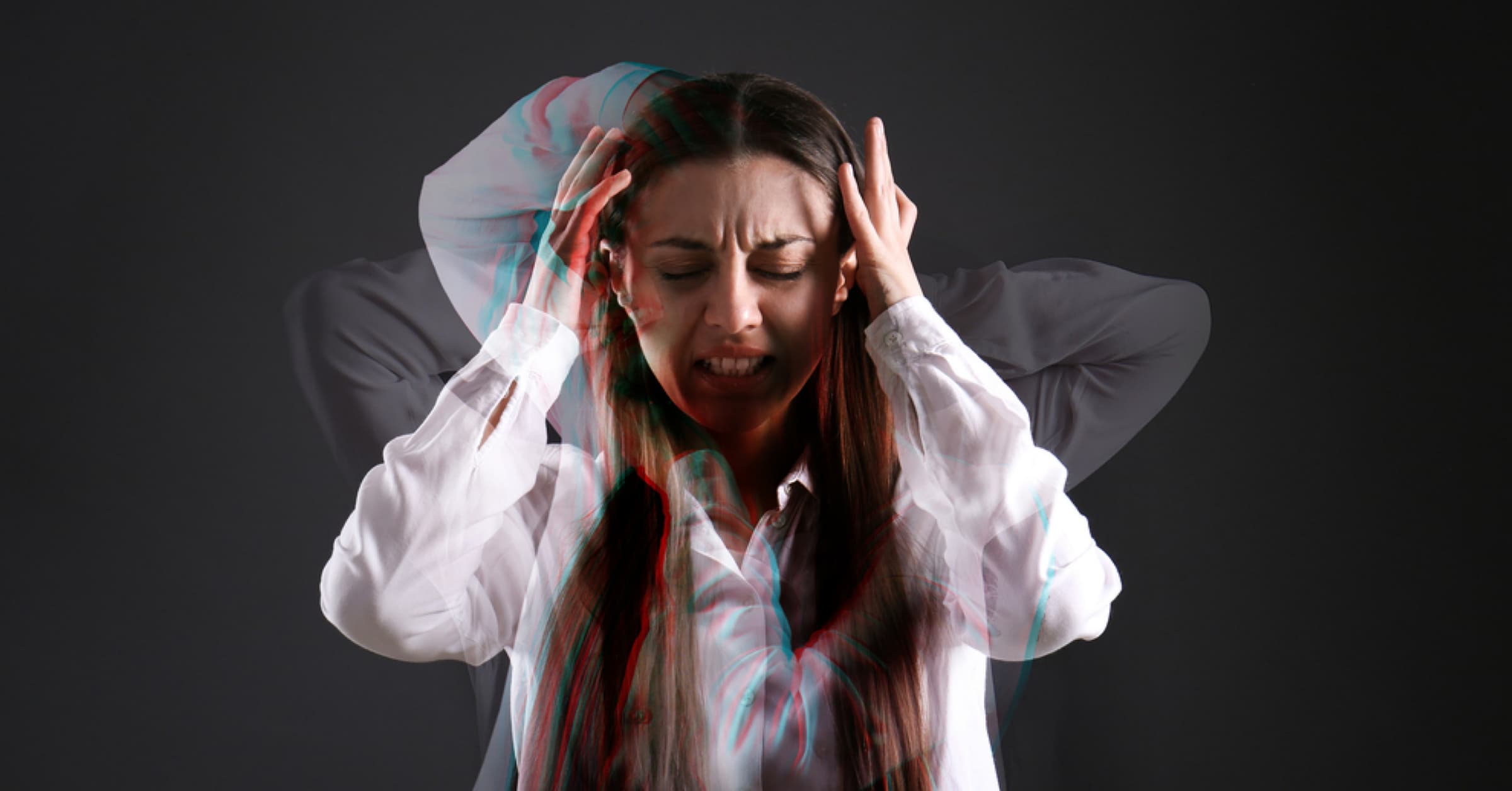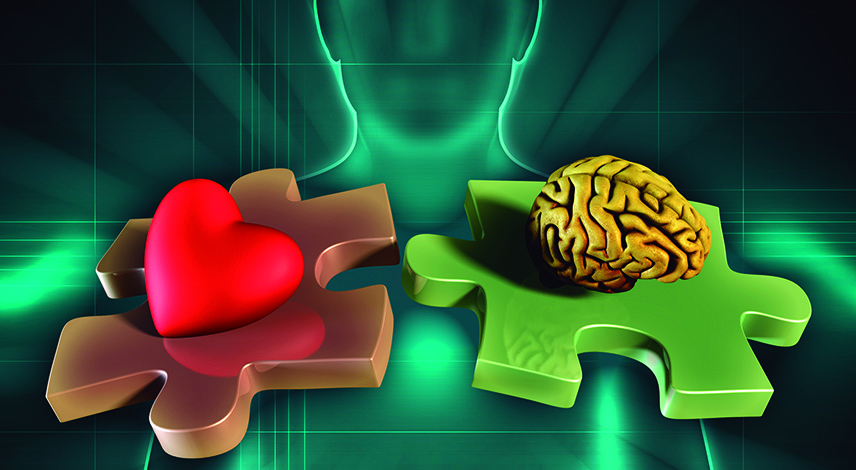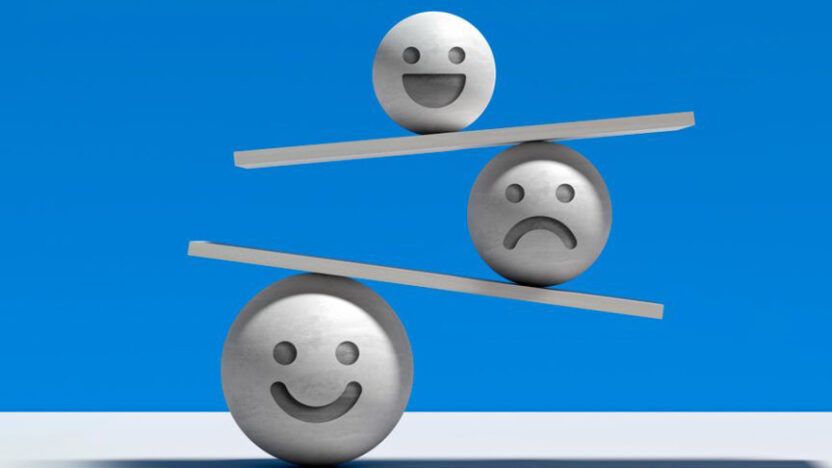
Emotional imbalance can silently affect every area of our lives before escalating into a crisis. Often, subtle signs like unexplained irritability, persistent fatigue, or sudden shifts in behavior are dismissed as normal fluctuations. However, recognizing these early signals is the first crucial step in reclaiming your mental well-being. In this article, we uncover five key early indicators of emotional imbalance, explain insights drawn from recent 2023 research, and offer practical, actionable advice. Understanding these signs early empowers you to seek help and adopt strategies that build lasting emotional resilience.
Understanding Emotional Imbalance
Emotional imbalance is a state where your emotional responses are disproportionate to the situation at hand. This condition can hide behind subtle signals that require self-reflection and keen observation. Identifying the underlying causes is key to addressing and correcting these disturbances.
Today’s fast-paced world, marked by chronic stress, personal losses, and daily pressures, can trigger an imbalance in our emotions. Research from 2023 has shown that when these signs are ignored, they can worsen over time and potentially lead to more serious mental health issues. Early recognition and awareness serve as your first line of defense.
It is important to note that experiencing emotional imbalance is not a sign of personal weakness. Rather, it is an indicator that your inner emotional landscape is calling for attention. Recognizing even minor shifts in mood or behavior can motivate you to take steps that safeguard your overall psychological health.
Recognizing Behavioral Early Warning Signs

Behavioral cues are often the most evident signs of emotional imbalance. Look out for sudden mood swings, a withdrawal from activities you once enjoyed, and unpredictable changes in your social interactions. These signs may not be dramatic individually, but together they can signal a deeper issue if left unaddressed.
Daily routines can begin to crumble when emotional imbalance takes hold. Someone who was once enthusiastic may become irritable or overly anxious in everyday situations. Noting changes in temperament and behavior is essential to understanding your mental state and taking action before these signs intensify.
Recent research suggests that regular self-assessments or consultations with a mental health professional can help decode your behavioral patterns. Tracking your reactions to everyday triggers is an effective way to measure the consistency and severity of these changes over time.
Increased Irritability
Frequent irritability without a clear reason is one of the earliest hints of emotional imbalance. When small annoyances trigger an overly intense reaction, it’s a signal to reassess your emotional well-being.
Recognizing excessive anger or frustration early can prompt timely interventions and help prevent more severe issues from developing.
Social Withdrawal and Isolation
A noticeable shift towards isolating yourself from family or social activities may indicate emotional distress. This isn’t just about enjoying being alone—it can be a way of avoiding uncomfortable feelings.
Observing a gradual decrease in your desire to connect with others can be a vital indicator that it’s time to evaluate your coping strategies and seek support.
Identifying Physical Symptoms of Emotional Disturbance

Physical symptoms often manifest alongside psychological distress. Unexplained headaches, digestive issues, and chronic fatigue are common complaints that may indicate an underlying emotional imbalance. When your body starts signaling distress, it’s important to consider both physical and emotional aspects of your health.
Studies consistently link chronic stress and emotional disturbances with physical ailments. Health reports from 2023 underline that even minor physical symptoms should be taken seriously, as they often mirror deeper psychological issues. Your body can be a window into your emotional state.
Understanding and addressing the mind-body connection can lead to effective early intervention. Health professionals recommend exploring both lifestyle changes and mental health support when physical symptoms persist, ensuring you address the full scope of your well-being.
Impact on Daily Life and Interpersonal Relationships
Emotional imbalance does not only affect internal feelings; it also has far-reaching effects on your daily routines and relationships. From diminished work performance to strained social connections, the impacts can be significant and multifaceted.
While everyone experiences stress from time to time, persistent disruptions in everyday life signal that there may be deeper issues at work. Recognizing these disruptions early is essential to prevent long-term damage in both your professional and personal arenas.

Interactions with colleagues, friends, and loved ones may become challenging, marked by miscommunications, oversensitivity, and overreactions. Maintaining self-awareness and seeking solutions during these times can help preserve and improve your relationships.
Workplace Performance and Stress
A decline in concentration, decision-making abilities, and overall productivity are clear red flags of emotional distress. When work starts to feel overwhelming, stress can quickly spiral out of control.
Identifying changes in workplace behavior early is vital for maintaining your career health as well as your personal well-being.
Strain in Personal Relationships
Emotional imbalance can spill over into personal life, creating conflicts with those closest to you. Heightened emotional responses may make effective communication challenging.
Recognizing that relationship strain is a common early sign allows you to consider counselling or simply opening up honest dialogues, paving the way for mutual understanding and healing.
Practical Steps to Regain Emotional Balance
Once you recognize the early signs of emotional imbalance, it is vital to implement changes that restore harmony. Whether through self-help techniques or professional guidance, various strategies are available to help you reclaim emotional stability.
Techniques such as mindfulness meditation, cognitive-behavioral strategies, and regular self-reflection have proven effective at alleviating emotional symptoms. Creating a practical self-care routine is essential to mitigate the effects of prolonged distress.
Consulting with mental health professionals can provide personalized guidance tailored to your situation. Therapy sessions can help explore the root causes of your imbalance and equip you with healthier coping mechanisms. Additionally, lifestyle improvements like better sleep hygiene, balanced nutrition, and regular exercise are highly recommended to support long-term emotional regulation.

Content Additional
To further expand on practical strategies for restoring emotional balance, it is important to consider the interconnected aspects of your psychological and physical well-being. Establishing a robust daily routine can significantly reduce the effects of stress. A structured schedule that includes dedicated periods for work, relaxation, exercise, and leisure creates a tangible sense of control over your emotional landscape. Routine and structure are the foundations of emotional stability.
Journaling is another powerful tool. Writing down your thoughts and emotions offers an outlet for processing complex feelings, helps track patterns over time, and enhances self-awareness. Regular journaling not only documents your progress but also guides targeted therapeutic interventions when recurring issues surface.
Community support plays a crucial role as well. Whether participating in in-person support groups or joining online communities, sharing your experiences can provide validation, practical advice, and a compassionate ear. Feeling understood by others strengthens your resilience against emotional challenges.
Modern therapeutic approaches increasingly combine traditional methods with innovative healing modalities. Practices such as art therapy, music therapy, and animal-assisted therapy have shown promising results in reducing anxiety and depression. These methods address emotional needs while encouraging creative expression and physical engagement.
Identifying and addressing early signs of emotional imbalance is essential for both mental and physical health. As discussed, signals ranging from behavioral shifts to subtle physical symptoms act as vital warnings that should not be ignored. By understanding these cues, assessing their impact on daily life, and taking proactive steps towards recovery, you can pave the way to a more balanced and healthier future. Remember, seeking professional help is a strength, and nurturing emotional resilience is an ongoing journey. Embrace self-care and adopt proactive strategies to ensure long-term emotional stability.




